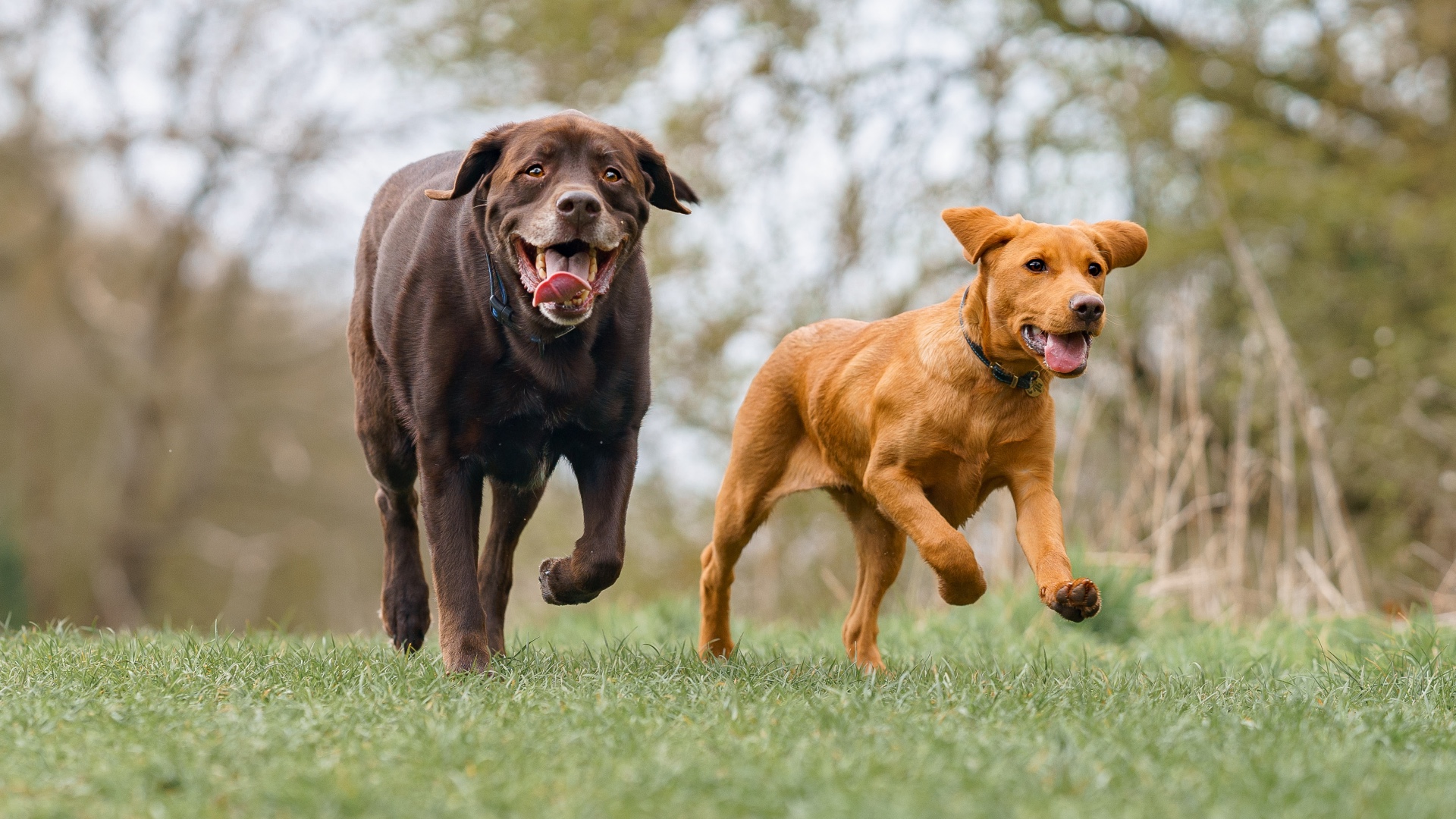Trainer shares the secret to improving your dog’s recall — it’s counterintuitive but it works!
Transform your dog’s recall with this game changing tip from an expert trainer

Training a reliable recall is something many pet parents find challenging, and it's not hard to see why.
While there could be many reasons why your dog's recall isn't reliable, distractions in the environment are often top of the list.
Most of us have learned that the secret to nailing recall training is to only reward our dog's when they come to us on the first call.
However, expert dog trainer Julianna DeWillems says you could be making a big mistake if you punish your dog for a slow recall time.
"Not rewarding my dog for coming when called because he took longer than I wanted him to is one of the best ways to accidentally punish the behavior and weaken his response next time," she explains in an Instagram video which you can view below.
A post shared by JW Dog Training & Behavior Consulting (@jwdogtraining)
A photo posted by on
DeWillems shares a real life training example where she's out walking with a dog who doesn't come immediately when she recalls him.
Instead of withholding dog treats, she actually gives him more because the fact that he didn't come straight away signalled to her that there was something in his environment that he was finding particularly interesting — in this case, another dog.
Get the best advice, tips and top tech for your beloved Pets
"When he did finally respond to me, I wanted to convey 'hey, thanks for coming away from that really interesting distraction...I know you were really into that dog but you still chose to come to me, so I'm going to jackpot you and give you multiple treats in a row', she explains.
While this may sound counterintuitive, DeWillems says that by doing this you're reinforcing the behavior of coming to you and so that's the behavior you'll see more of in the future.
That's all well and good you may be thinking, but what happens if you have a dog that always takes forever to come or doesn't come at all? Well, according to DeWillems that's useful information.
"If I see the delay in responding over and over again, that would be information to me that perhaps I’ve put him into situations beyond his capabilities and we need to spend more time training the actual cue," she says.
Training a solid recall takes time, patience, and consistency. If you want to work on your dog's recall, we recommend reaching out to a professional trainer for some 1:1 support.

Kathryn is a freelance writer who has been a member of the PetsRadar family since it launched in 2020. Highly experienced in her field, she's driven by a desire to provide pet parents with accurate, timely, and informative content that enables them to provide their fur friends with everything they need to thrive.
Kathryn works closely with vets and trainers to ensure all articles offer the most up-to-date information across a range of pet-related fields, from insights into health and behavior issues to tips on products and training.
When she’s not busy crafting the perfect sentence for her features, buying guides and news pieces, she can be found hanging out with her family (which includes one super sassy cat and a kitten), drinking copious amounts of Jasmine tea and reading all the books.
She has written for a range of publications, including Fit&Well, Top Ten Reviews, LiveScience, Goodto, and Product Hunt.
